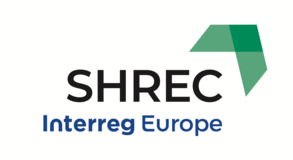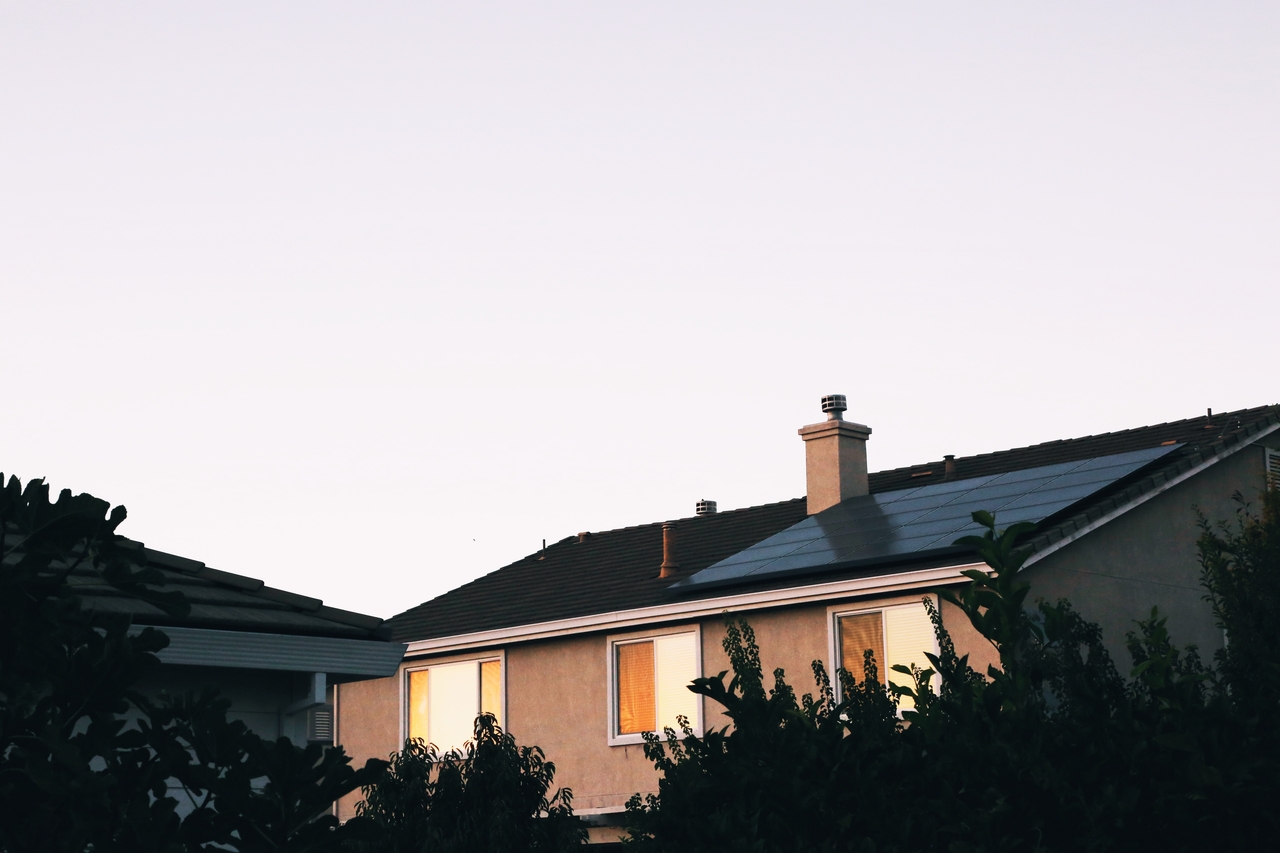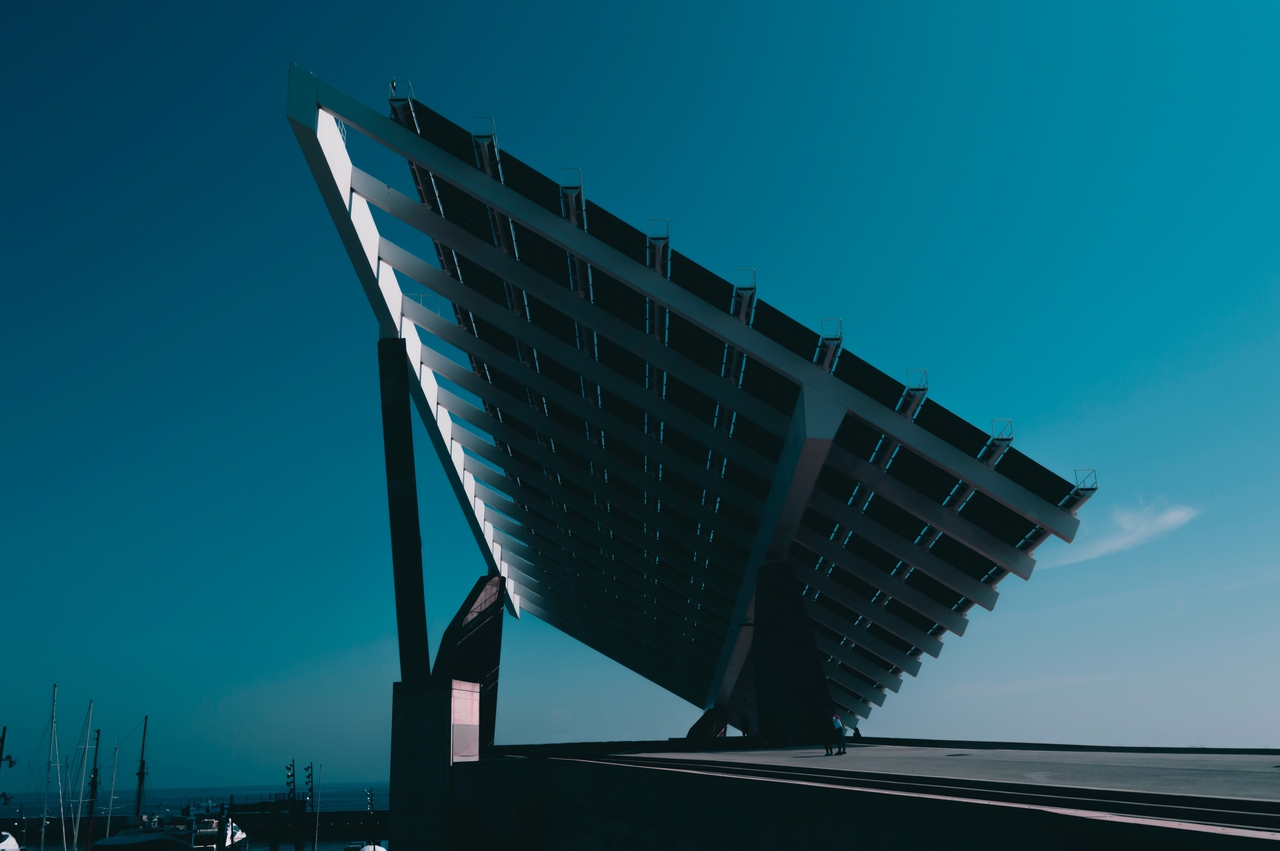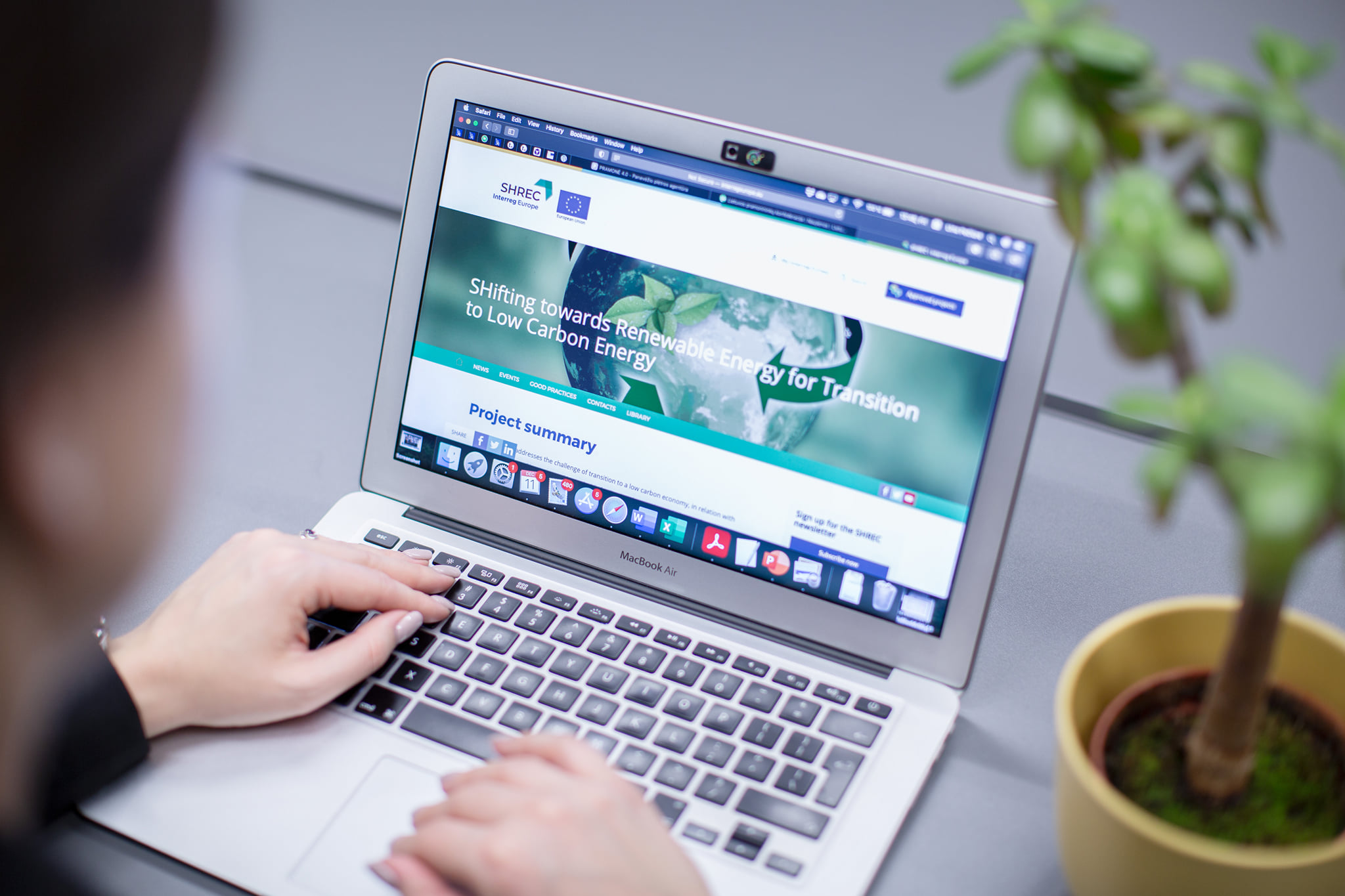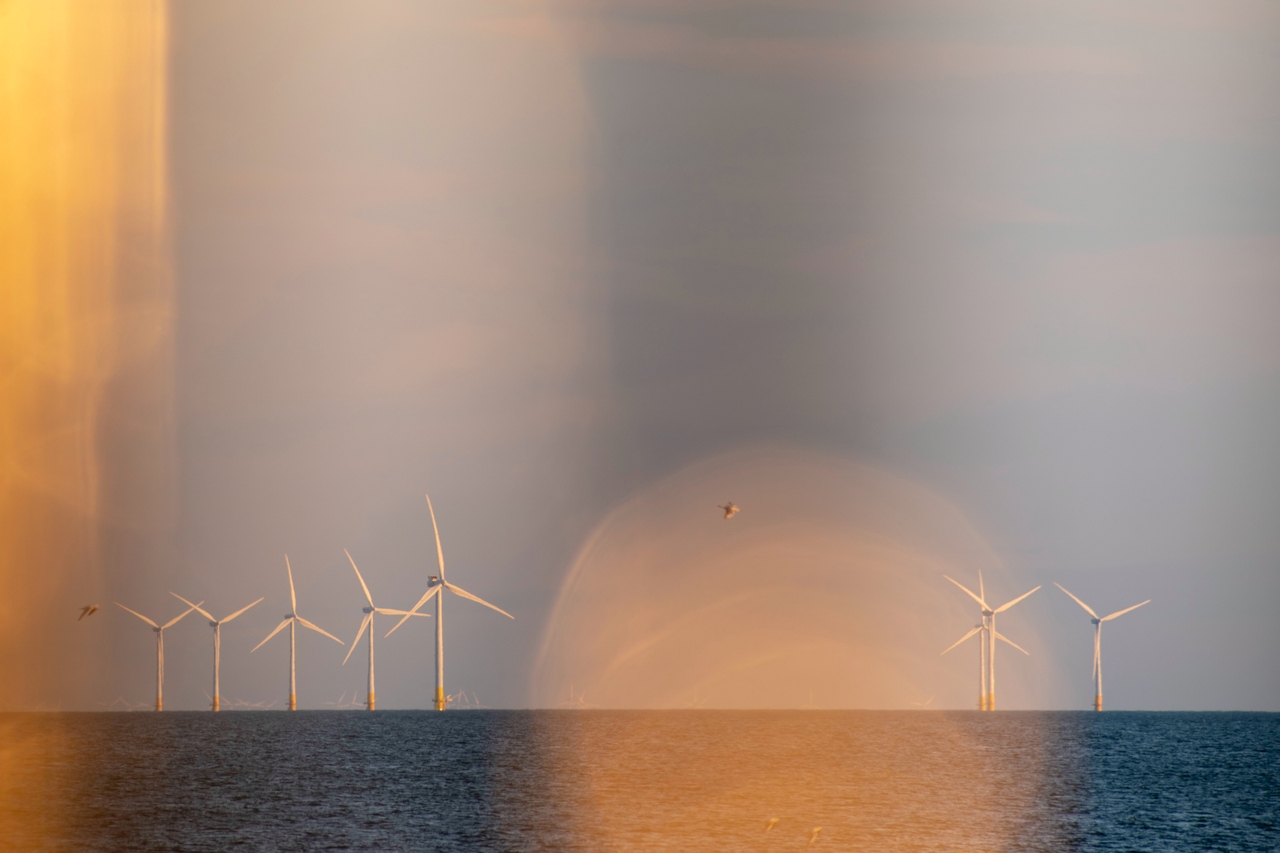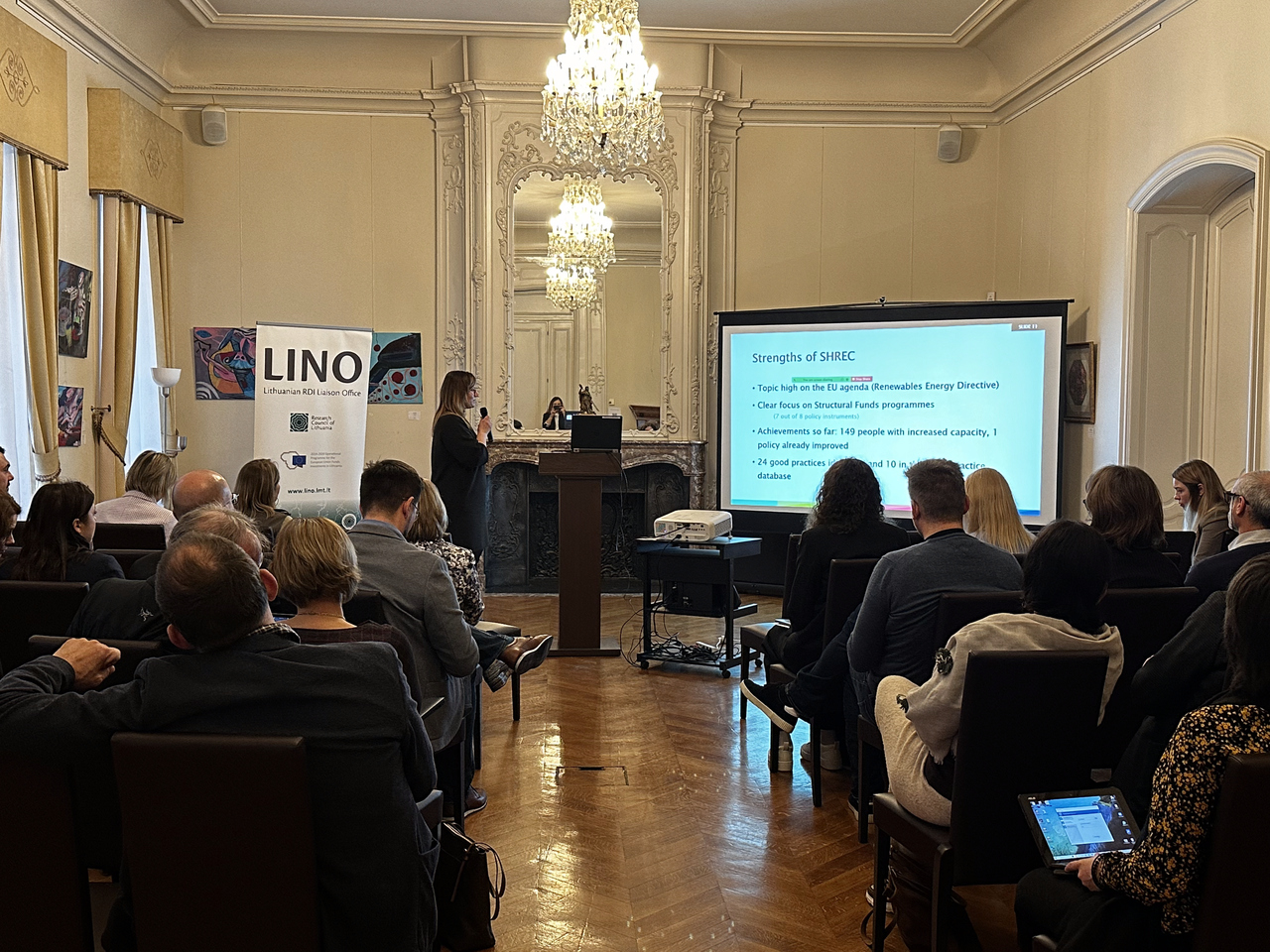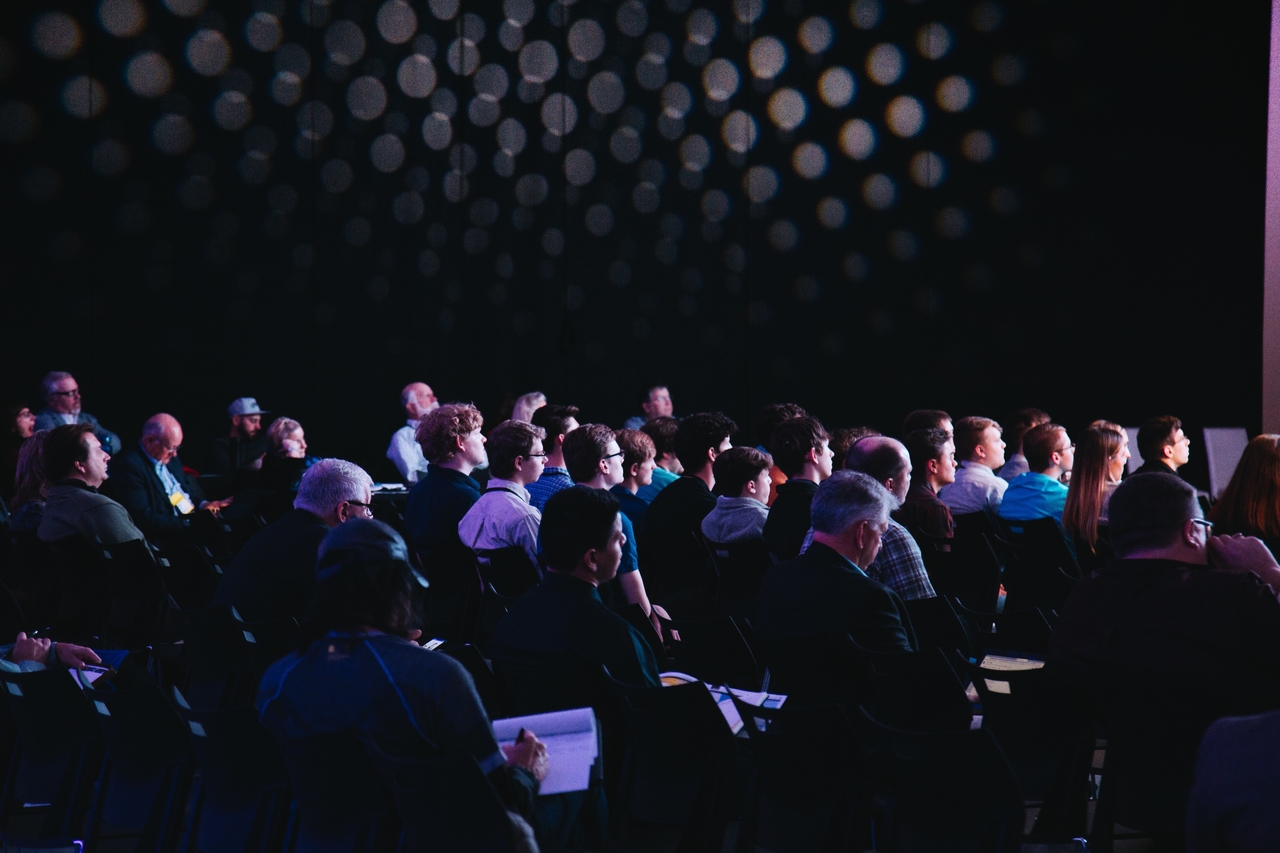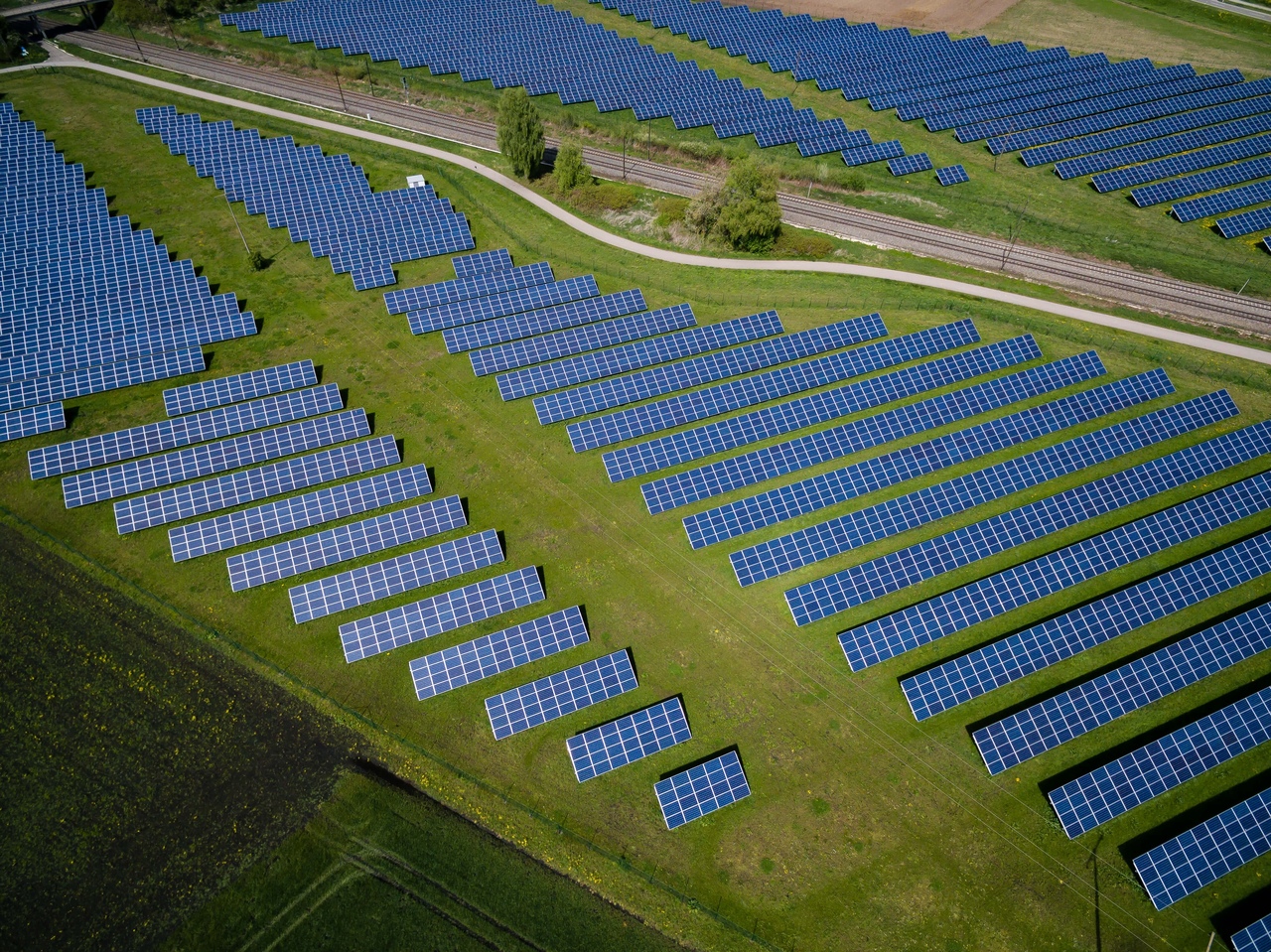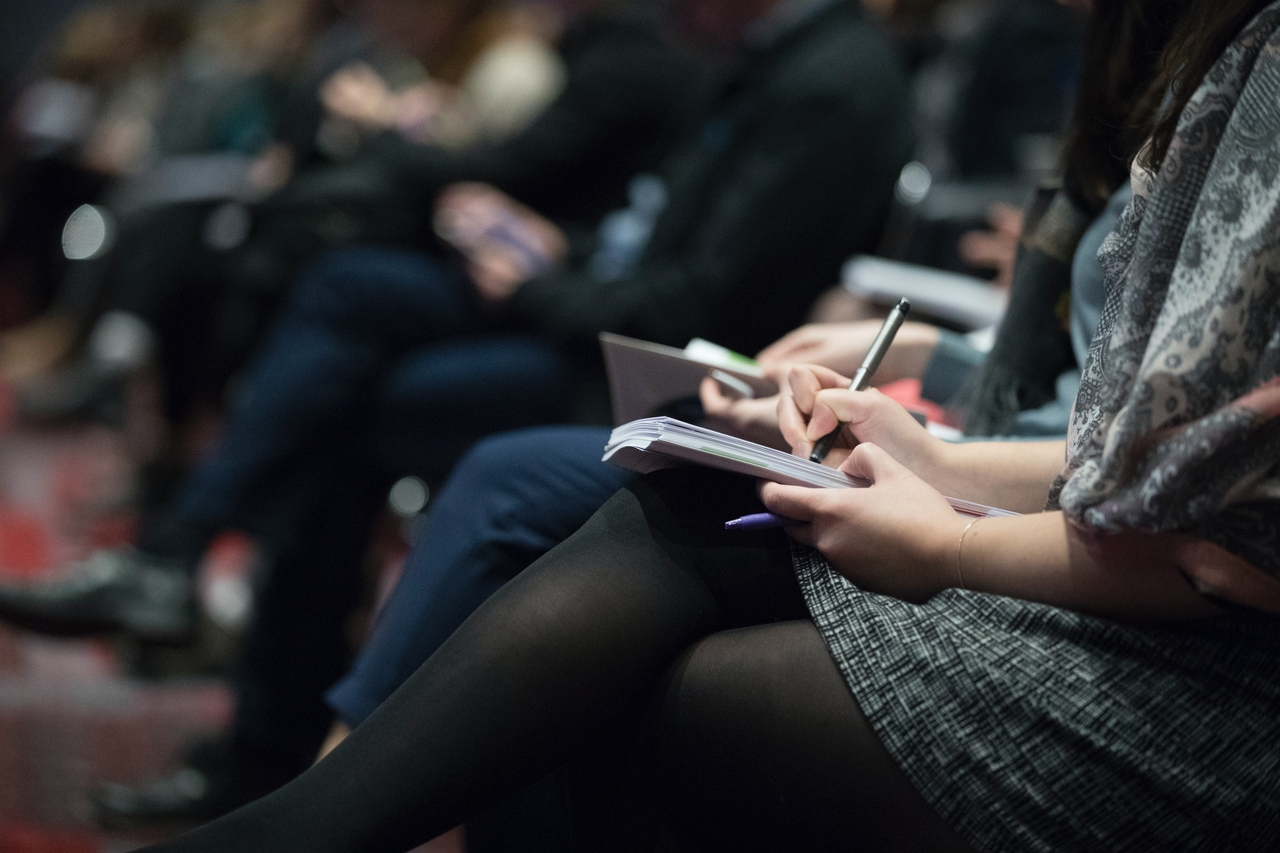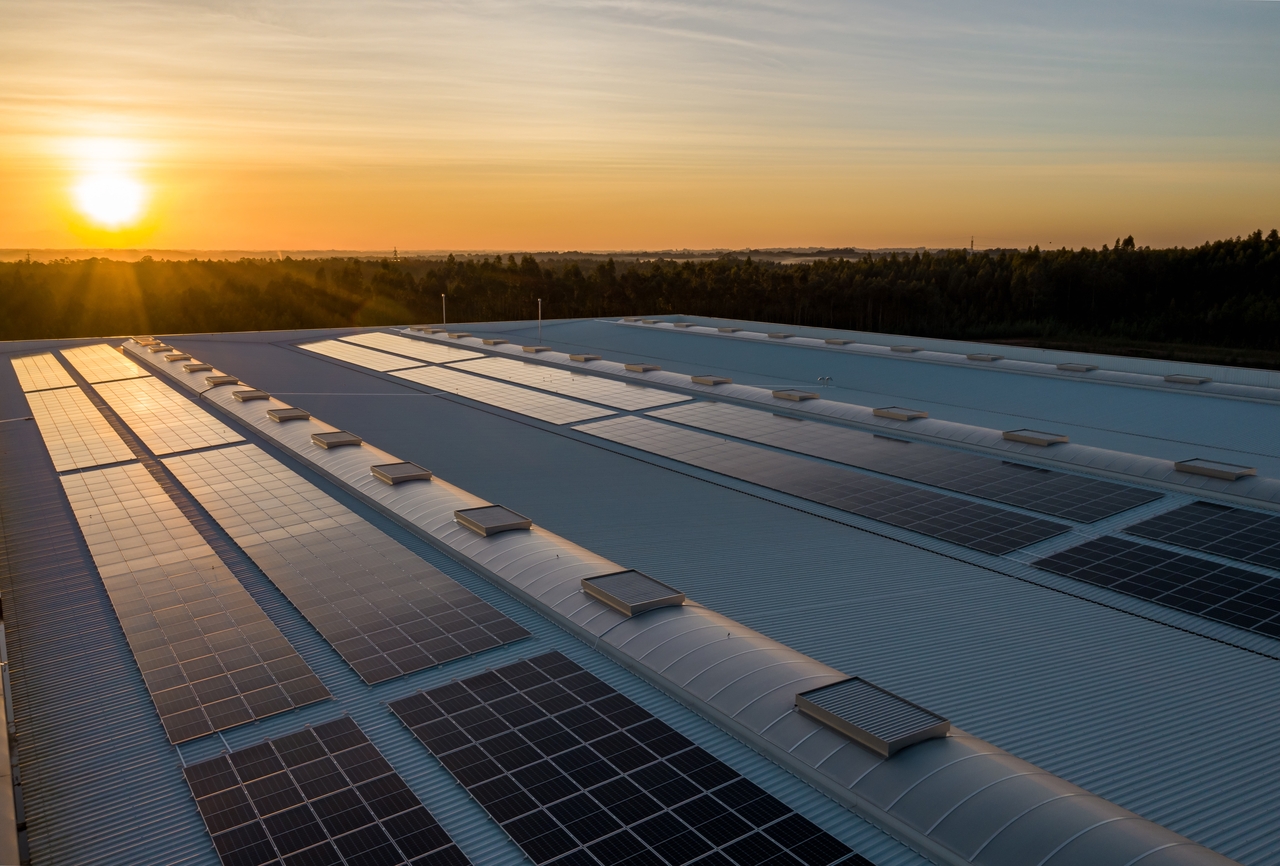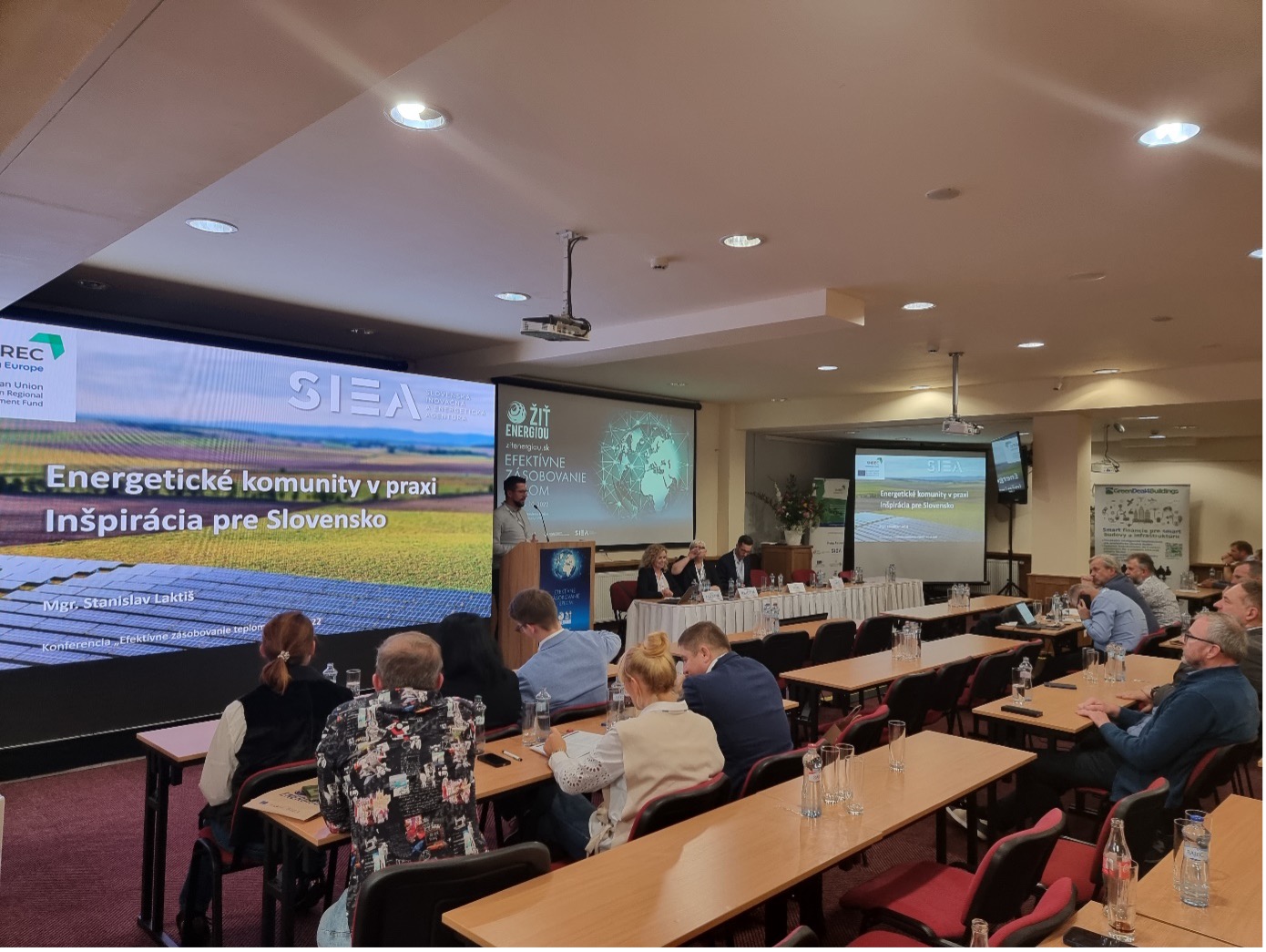On 21st of January, Auvergne-Rhône-Alpes-Energy-Environment Agency (AURA-EE) hosted a virtual meeting about citizens’ financing in the framework of the 22nd edition of the European Energy Transition Conference.
As part of the SHREC project, AURA-EE focuses on the objective of encouraging private investments in renewable thermal energy projects by involving citizens both in the governance and financing. Indeed, including citizens in this type of project remains rare as the required level of expertise, resources, accompanying are high and time-consuming.
The objective of the workshop was then to explore the possibilities of setting-up such projects as well as existing good practices in the region.
After a short presentation of the SHREC project, the workshop started with an analysis given by AMORCE (association gathering local communities and stakeholders in the field of energy transition) about the different legal models enabling the involvement of citizens into renewable thermal energy projects. Different models were presented depending on the type of project holder and contract. However, the speaker called attention to remaining uncertainties for some types of contracts due to the imprecision of national law.
Later on, Jacques Villevieille (ERE43, cooperative community-oriented enterprise), presented the projects developed and implemented throughout the Auvergne-Rhône-Alpes territory. He highlighted the existing barriers, good practices and advantages of implementing such projects:
• Benefits remaining at the local level
• Citizens’ financial participation supporting the global cost of the project
• Improved local acceptability
• Raising awareness about energy transition concerns.
Finally, Étienne Jouin (Centrales Villageoises, national association) introduced the Centrales Villageoises concept, a specific model involving citizens in PV projects by creating dedicated local companies and explored the possibility to apply this model to renewable thermal energy projects.
The workshop ended with a talk between the speakers and participants. Questions from the audience focused on various subjects such as the role of citizens in the set-up and governance of the project, financial risks, environmental impacts, supply and transport of local resources.
The event gathered about 50 persons from various types of organisations (associations, private companies, citizens, public authorities).
In order to clear the remaining uncertainties and improve current practices, AURA-EE will launch a study to explore the different possibilities given by the French law and define the most-favourable model(s) to be developed in the region and beyond.


